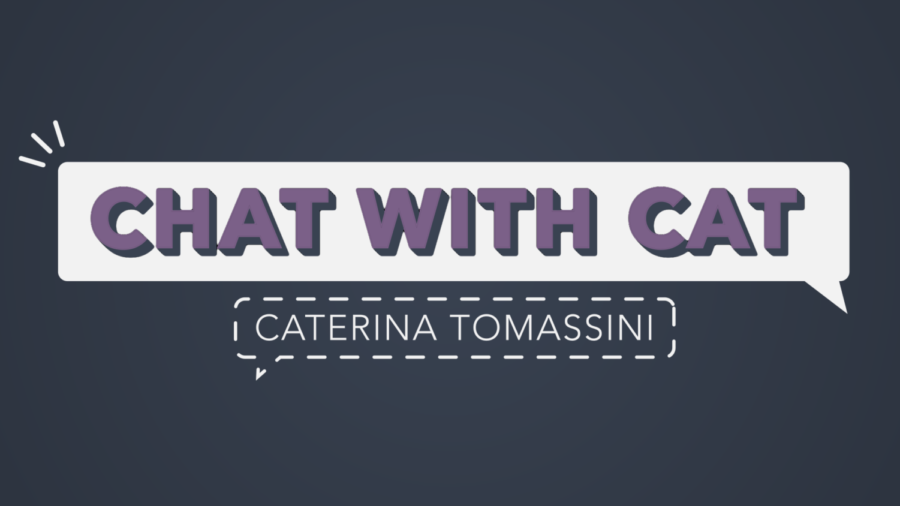Chat with Cat: When does a disability become an advantage?
In this year’s first installment of Chat with Cat, Editor Caterina Tomassini discusses the benefits of an Individualized Education Program (IEP), a tool that many students use as an aid in test-taking.
October 2, 2019
School serves the sole purpose of providing an education, a privilege that we students can sometimes under-appreciate. It’s easy to fall into the trap of hyper-focusing on a letter grade, and it’s difficult to look past the point system and simply take advantage of the opportunity to learn.
For many of us, school can be overwhelming, difficult, and time-consuming. But for students who struggle with a learning disability (or any condition that hinders their learning), school can become 10 times harder. It’s not uncommon for students to use an IEP, or Individualized Education Program, to guide and support them through school. But does there come a point where an IEP give these students an unfair advantage?
This issue was brought to my attention late last year when my friend Fiona, whose name I’ve changed for privacy purposes, complained about a mutual friend who uses an IEP as a tool for test-taking. Like many students on an IEP, this friend is granted 100% extra time on tests. In other words, if a typical student has one hour to finish an assessment, somebody with 100% extra time is allowed an additional hour to complete the test.
Fiona brought up a fair point: If every student were given an extra hour on tests, wouldn’t we all inevitably score much higher? It makes sense, right? The more time you have, the less you have to rush, and there are fewer careless mistakes you might make on a math problem. Although this may be true in some cases, that doesn’t mean that students with IEPs are given any sort of head start.
Let’s say that a student with an IEP has ADHD: while a regular student can focus on an assignment for 60 minutes, a student with ADHD might only be able to concentrate for 30. This is where it becomes tricky, and we must remember the core value of school: every student should be afforded an equal opportunity to succeed. If we add a disability into the mix, this presumably simple goal can require much more attention, even if that means extra time.
Another friend of mine is one of many people I know who benefits from an IEP and the extra time that comes with it. She has difficulty focusing in class, and she processes information slowly. Because of this, she claims to spend up to three minutes deciphering instructions on a quiz. On top of that, she has perception and visual problems, making subjects like geometry extremely difficult. Without extra time, she believes that she would fall behind in school and fail most of her tests.
At the end of the day, an IEP is not an unfair advantage but rather a tool given to students who require extra attention to achieve the same grade as the typically-learning student. There is a reason that students with learning disabilities are provided with IEPs, and it is not to give them an upper hand. Instead, extra time provided by IEPs give students an equal opportunity to succeed at school and to make sure they are able to get the same education as everyone else.
Opinion articles written by staff members represent their personal views. The opinions expressed do not necessarily represent WSPN as a publication.





![Last Wednesday, the Wayland School Committee gathered to discuss a number of topics regarding the health curriculum and Innovation Career Pathway course. Another large topic of conversation was the ways to potentially mitigate distracting cell phone usage. "These [phones] are going to distract your learning and social relationships," Superintendent David Fleishman said. "That's concrete right there."](https://waylandstudentpress.com/wp-content/uploads/2025/06/Screenshot-2025-06-04-at-9.49.31 PM-1200x886.png)

























